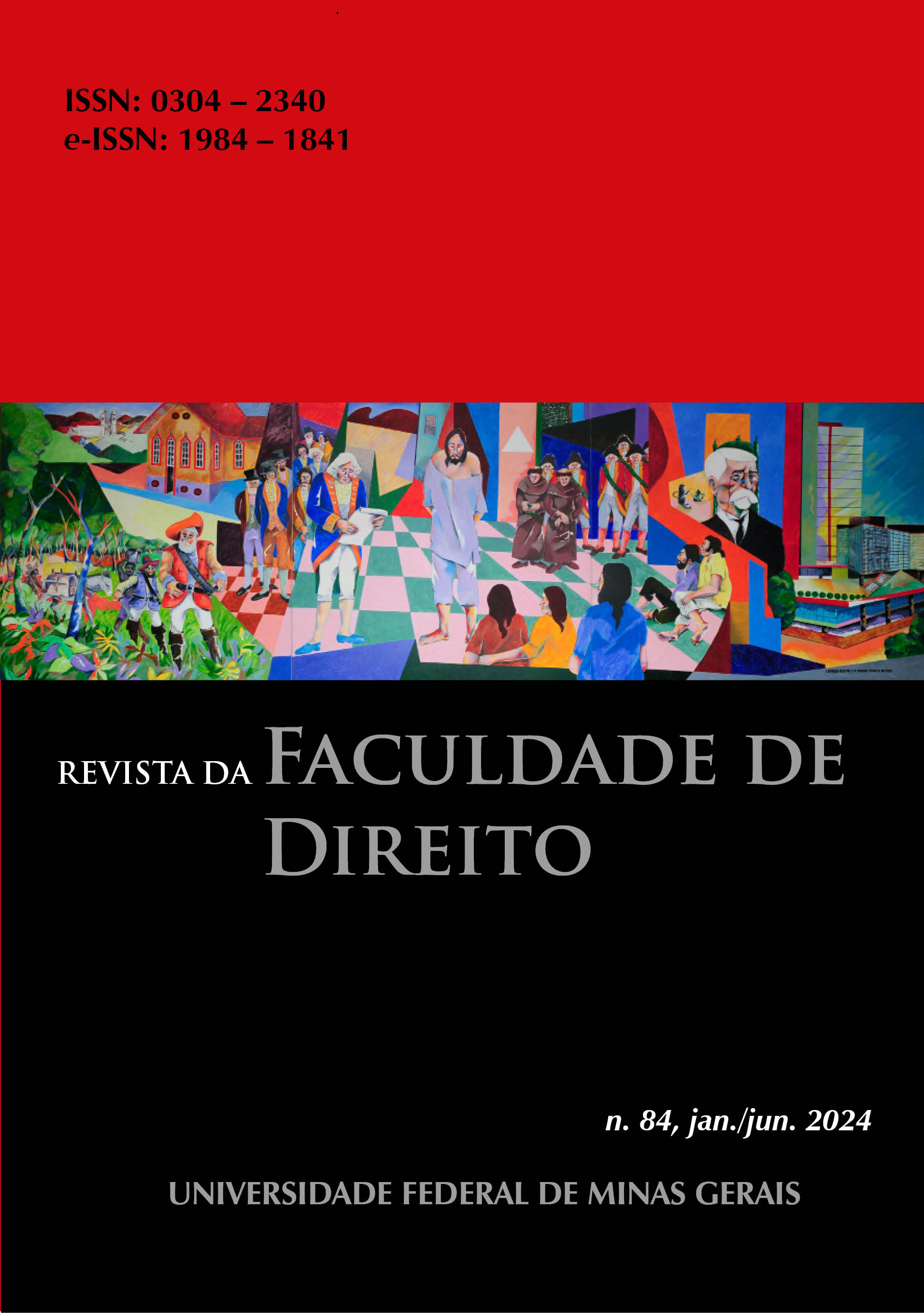THE ROLE OF MEDIATION IN PROMOTING THE RIGHT OF ACCESS TO JUSTICE AND IN ACHIEVING SDG 16 OF THE 2030 AGENDA: “PEACE, JUSTICE AND STRONG INSTITUTIONS” - DOI: 10.12818/P.0304-2340.2024v84p367
DOI:
https://doi.org/10.12818/P.0304-2340.2024v84p367Abstract
This article aims to understand the current
scope of the right of access to justice as
enshrined in the main international documents
regarding the protection of human rights,
including the Universal Declaration of Human
Rights (UDHR) and the European Convention
on Human Rights (ECHR), in order to justify
and defend the importance of mediation
in conflict resolution and, simultaneously,
in promoting access to justice for citizens
and thus achieving the 16th Sustainable
Development Goal (SDG) of the UN. The
use of extrajudicial mechanisms allows for the
establishment of a more equitable, humane,
inclusive, and participatory model of justice.
Specifically, mediation, by prioritizing the
dialogue between parties and the construction
of a mutually agreed-upon and concerted
solution to the conflict, contributes to social
pacification and, therefore, the creation of
peaceful and inclusive societies, upon which is
based the SDG 16 of the UN’s 2030 Agenda
for Sustainable Development. Thus, this paper
seeks to highlight the current understanding
and scope of the right of access to justice as
a fundamental human right that encompasses
both judicial and extrajudicial means. In
terms of methodology, the present study is
characterized as exploratory, of a qualitativenature carried out from a documentary
research method, based on relevant national
and international doctrine and the applicable
legislation. It was used as data analysis
technique the content analysis.
KEYWORDS: Access to Justice. Citizenship.
Democracy. Mediation. SDGs




















